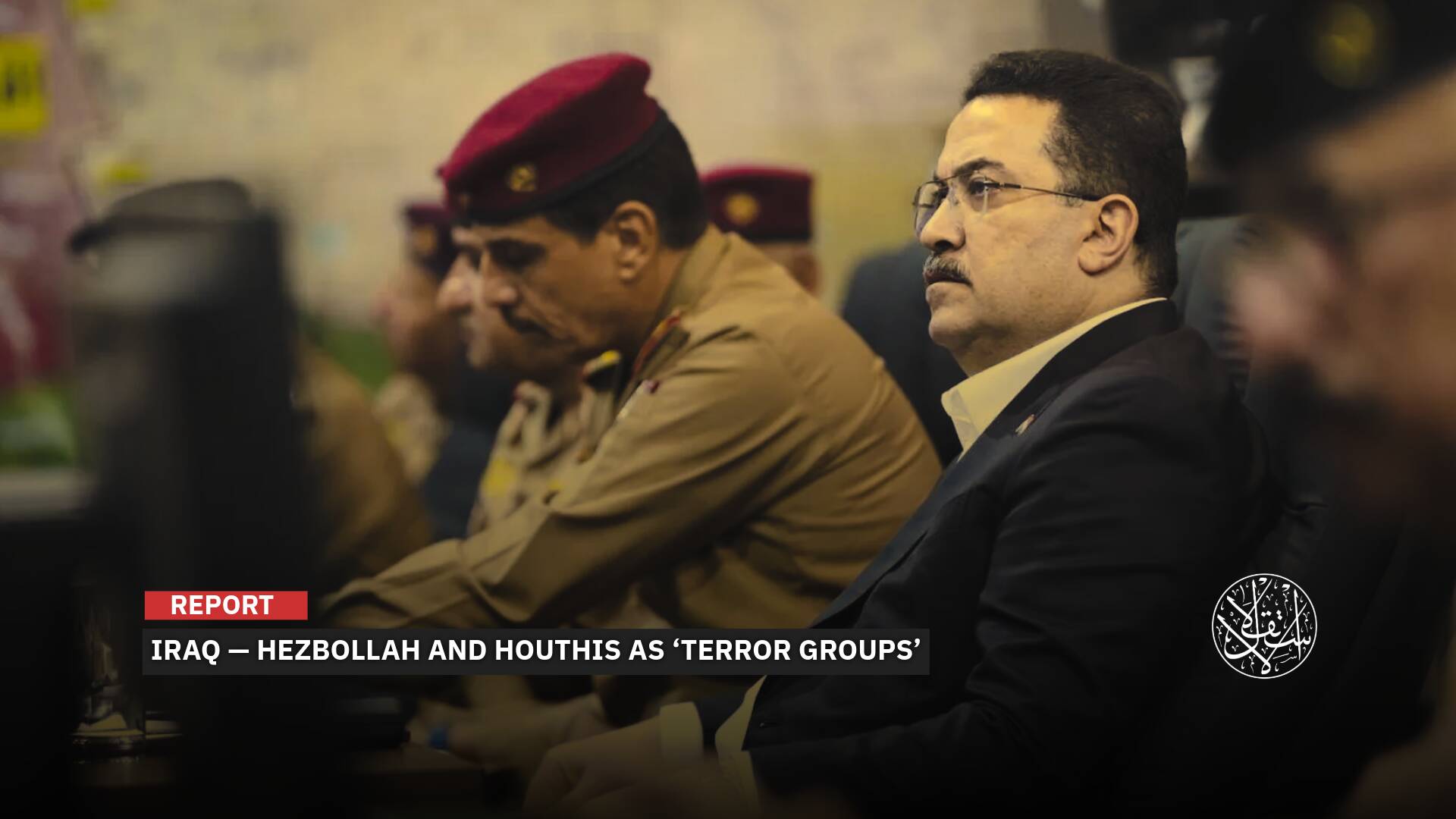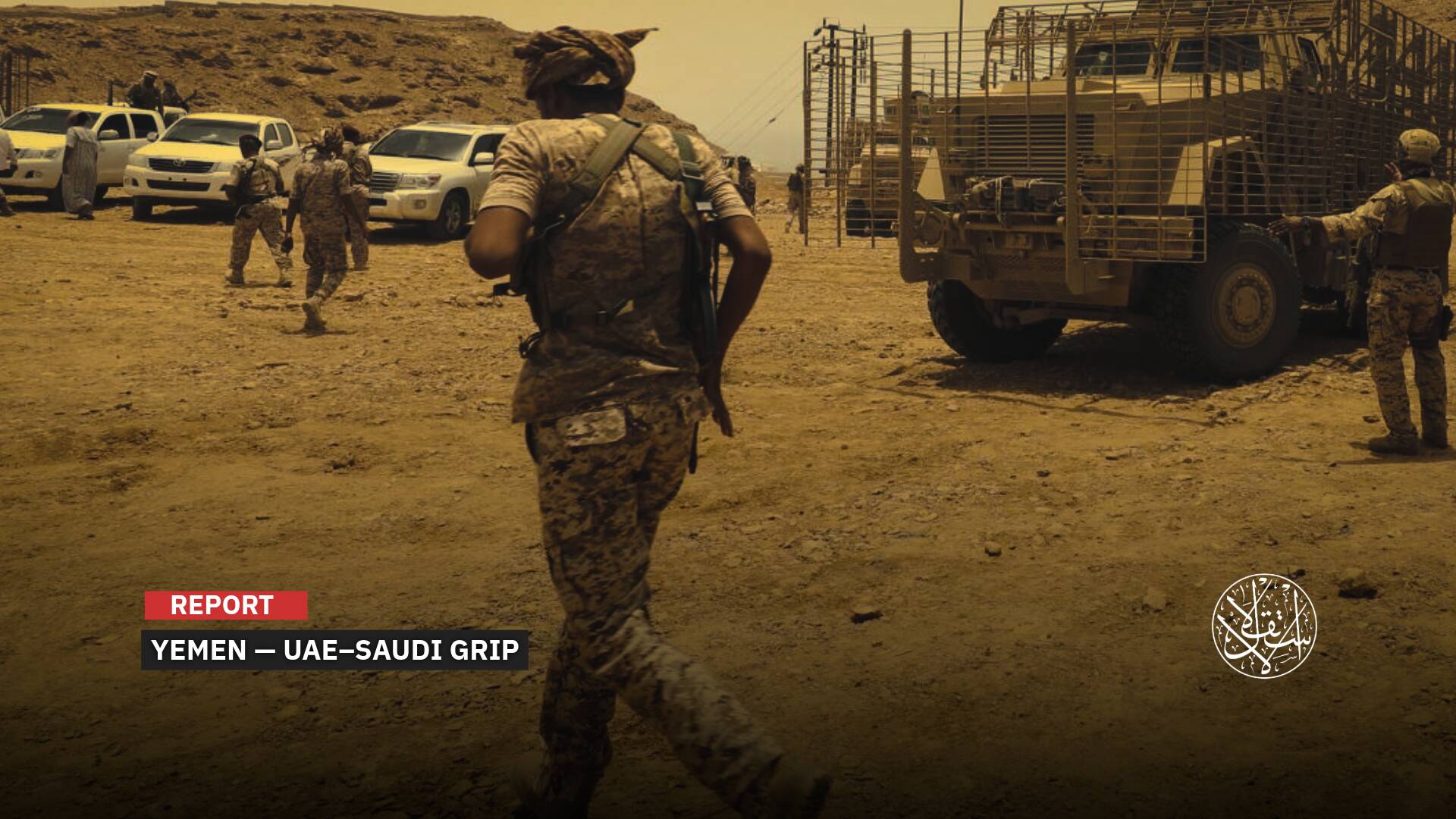Embassies, Visits and Agreements: How Turkiye Prepares to Expand Its Presence in Africa

During the rule of the Justice and Development Party under the leadership of President Recep Tayyip Erdogan, Turkiye's relations with the African continent have evolved significantly. This was clear in the increase of high-level mutual visits and the signing of agreements between both sides across various fields.
Turkiye has also opened its universities to African students, many of whom have mastered the Turkish language during their studies. Ankara has also established cultural institutes in African countries.
The year 2003 marked the beginning of Recep Tayyip Erdogan's tenure as Prime Minister of Turkiye and the rise of the Justice and Development Party. Over the course of two decades, these developments transformed Turkiye domestically and internationally, turning it into a regional power with a prominent presence reaching into Africa.
In that same year, the Turkish Ministry of Foreign Trade developed what became known as the "Strategy for Enhancing the Economic and Commercial Relations with Africa." Following this, the Erdogan-led government declared 2005 as the "Year of Africa" for the first time in the history of the modern republic.
In 2013, during a visit to Gabon, Erdogan outlined the trajectory of Turkiye's relationship with the continent, stating that Africa belongs to Africans, and [we are] not here for [your gold], but for a mutually beneficial relationship. He deepened this policy after assuming the presidency in 2014, continuing it to this day.
Win-Win Principle
On August 8, 2023, Turkish journalist Hamza Tekin wrote on his Facebook account that Turkiye is currently preparing to enhance its relations with Africa further under the direct guidance of Erdogan.
It is quite clear that Turkiye's influence in Africa has grown significantly over the past 20 years since the Justice and Development Party came into power, according to Tekin's post.
The future will continue to favor Turkiye at the expense of the West in general and France in particular, which has plundered, stolen, and killed without bringing any good to those people.
One of the most beneficial aspects of Turkiye's expanding and positive influence on both parties is the defense industries, following a win-win principle.
Tekin pointed out that Mali, Burkina Faso, Togo, Benin, Niger, Nigeria, Ethiopia, and Senegal, as well as Arab-African countries, have all notably turned towards Turkish defense industries, including armored vehicles, mine removal vehicles, sensing and monitoring systems, rifles, and drones.
He mentioned that 30 African countries on the continent have agreements relating to security, military, and technological cooperation with Turkiye.
Alongside the defense industries, Turkiye is a prominent presence on the continent through construction companies, which are currently executing numerous major developmental projects across several countries. These projects range from railways, airports, roads, and hospitals to sports arenas and energy projects, according to Tekin.
44 Embassies
This is confirmed by the official website of the Turkish Ministry of Foreign Affairs regarding the state's policy towards Africa over the past years. It states that Turkish diplomacy has worked to enhance its presence there, resulting in the establishment of 44 Turkish embassies in the region.
It's worth noting that the United States possesses 49 embassies, while France, a major influencer in Africa, has 46 embassies.
In terms of media outreach, Turkiye initiated its engagement with Africans through the launch of TRT Afrika, an official Turkish television channel that communicates with Africans in multiple languages.
On the humanitarian front, Ankara has left its marks through relief, charitable, educational, religious, and health projects carried out by Turkish humanitarian institutions such as IHH, AFAD, and the Religious Foundation, providing assistance free of charge.
In the realm of education, the Presidency for Turks Abroad and Related Communities reported in 2017 the presence of thousands of African students in Turkiye, with a portion of them studying at their own expense.
Their report indicated that around 4,000 African students are pursuing higher education across all levels, and 8,786 African students from 51 countries have graduated from Turkish universities.
On December 30, 2019, the Center for Middle Eastern and African Studies discussed the impact of African students who are proficient in Turkish and maintain their native language in their home countries.
They highlighted that African graduates have played a leading role in assisting Turkish companies in their countries to compete with foreign counterparts that have deep-rooted histories in various sectors.
Graduates from Turkiye have contributed to politics, diplomacy, and state-level positions, including embassies, as they are fluent in Turkish and their official language.
African students who studied in Turkiye have become honorary ambassadors for the country, according to their statement.

Economic Development
On May 24, 2023, Nigerian researcher Ovigwe Eguegu penned an article discussing the economic developments between Ankara and African capitals, highlighting the continent's interest in the Turkish presidential elections (in which President Recep Tayyip Erdogan emerged victorious over opposition candidate Kemal Kilicdaroglu).
In the article published by the international research center Development Reimagined in Germany, he stated: “I think Africans care a lot about who will rule Turkiye. Because we have had a golden period since 2003 and this continues to this day.”
He pointed out the growth in the volume of trade between Turkiye and Africa, which has reached around 45 billion dollars.
This trade, which was around 5.4 billion dollars twenty years ago, according to the Turkish Ministry of Foreign Affairs, has seen significant growth in trade volume with the continent, according to the researcher.
This accounts for 9.4% of Turkiye's exports, and this surge signifies the importance and emphasizes the escalating relationship between the two parties.
For example, Turkiye exports a lot of furnishings to Nigeria, as the Turkish industry can't compete in the European market.
Even in the Francophone countries of West Africa, Turkiye has become an attractive trading partner, as those countries' relationships with France, the former colonial power, have waned.
Erdogan announced on December 18, 2021, that Turkiye is fostering economic relationships based on mutually beneficial understandings and equal partnership.
The researcher stated that Turkish companies have executed over 1,150 projects totaling more than 70 billion dollars throughout Africa.
During the proceedings of the Third Turkey–Africa Economic and Business Forum in October 2021, around 3,000 businessmen participated, including approximately 1,600 from 45 African countries.
The rest were from Turkiye, in addition to ministers and high-level officials from 34 African countries.

Somalia as an Example
When discussing the depth of Turkish–African relations, there is no better example than the Somali model. The Turkish Embassy in Somalia stands as Ankara's largest diplomatic mission abroad.
In August 2011, Erdogan conducted a historic visit to Somalia, accompanied by senior officials of the state, their families, as well as a complete team of medical and engineering personnel.
Despite the continuous conflicts, civil strife, and dire economic and security conditions in the African country, the Turkish Prime Minister at that time did not succumb to fear and decided to complete his visit.
Erdogan described the situation in Somalia as "shocking" and was astonished by the extent of suffering caused by the famine that struck the country following a drought not witnessed since the 1980s.
Erdogan harnessed Turkiye's resources to aid the Somali people. The government dispatched additional medical, educational, engineering, and military teams.
Turkiye took on educating thousands of students, constructing schools, hospitals, airports, and ports and went beyond that by training the military and police, repairing roads and government facilities.
In June 2016, Erdogan revisited the Somali capital, Mogadishu, but this time as the President of the Republic. During this visit, the Turkish Embassy was inaugurated.
Since that date, Turkiye has held significant meaning for Somalis, as it extended a helping hand to them.
Numerous service facilities and roads were constructed through Turkish funding and implementation. Furthermore, Ankara currently plans to build a port on Somalia's coast overlooking the Indian Ocean and a parliament building on the same coast.
Even more importantly, Turkish Airlines was among the first airlines to connect Somalia with the world. It launched flights to and from Mogadishu in 2012.
This was evident when Somali President Mohamed Abdullahi Farmaajo chose Turkiye as his first foreign destination upon assuming office in April 2017. Erdogan officially welcomed him with solemn ceremonies.
Turkiye's relationship with Mogadishu serves as a model that can be emulated by other capitals across the continent. It left an impression that Turkiye is a strong and trustworthy ally that can make a difference in the equation, without losses or extortion, as an alternative to the old colonial powers.
Sources
- Turkiye and Africa: "Mutual Profit" Partnership [Africa]
- New Horizons in Education, Diplomacy and Trade in Turkiye-Africa Relations [Turkish]
- Turkiye's elections: What does the run-off mean for the relationship with Africa? [Arabic]
- Turkiye in Africa - How does Ankara compete with Paris in its old spheres of influence? [Arabic]
- Horn of Africa, This is how Turkiye took over from Italy [Italian]
- Turkish relations with African countries [Arabic]










